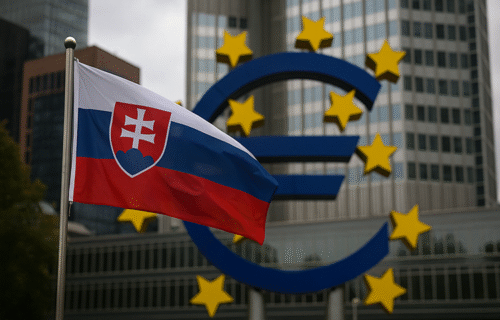Slovakia’s expulsion from the Party of European Socialists (PES) has sharpened concerns about the country’s political trajectory and its potential mid-term impact on investor sentiment. While the move has no direct economic consequences, it underscores a widening gap between Bratislava and Brussels that could influence how European businesses approach the Slovak market in the coming years.
Prime Minister Robert Fico’s ruling Smer-SD party was removed from Europe’s centre-left family after repeated clashes with EU partners over rule-of-law, foreign policy, and democratic standards. For businesses operating in Slovakia, the development adds a new layer of uncertainty to an otherwise stable economic environment.
Analysts say Slovakia’s isolation from key European political networks may slow the flow of EU-linked funding and complicate regulatory coordination. “This won’t stop business, but it may delay it,” one regional economist noted, referring to potential hold-ups in accessing green transition or infrastructure financing.
Domestically, Fico’s renewed confidence in nationalist and interventionist policies could signal a tougher stance toward multinationals and strategic industries. Companies in sectors such as energy, media, and logistics may face greater state oversight, while ongoing debates over profit repatriation and labour regulation could unsettle foreign investors.
Still, Slovakia retains a number of stabilising strengths: eurozone membership, proximity to major supply chains, and a skilled industrial workforce. These fundamentals continue to attract manufacturers and logistics groups seeking nearshoring opportunities within the EU’s single market. However, investors are increasingly demanding clearer legal protections and policy continuity before committing to large-scale projects.
For firms already in the market, the message is clear — maintain strict compliance standards, stay politically neutral, and monitor changes in public-sector procurement rules. For new entrants, Slovakia remains an attractive but more politically complex destination.
The country’s challenge now is to balance its domestic political posture with the need to reassure the European business community that Slovakia remains a predictable and rules-based environment. The expulsion from the PES may be symbolic, but in a region where perception drives capital, symbols can matter a great deal.
